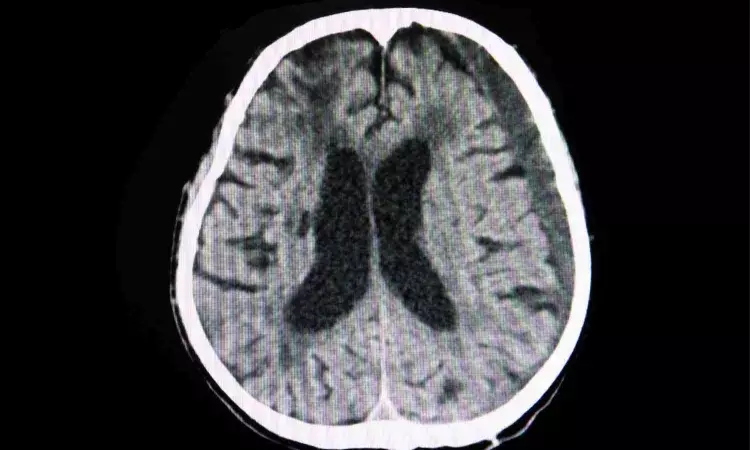- Home
- Medical news & Guidelines
- Anesthesiology
- Cardiology and CTVS
- Critical Care
- Dentistry
- Dermatology
- Diabetes and Endocrinology
- ENT
- Gastroenterology
- Medicine
- Nephrology
- Neurology
- Obstretics-Gynaecology
- Oncology
- Ophthalmology
- Orthopaedics
- Pediatrics-Neonatology
- Psychiatry
- Pulmonology
- Radiology
- Surgery
- Urology
- Laboratory Medicine
- Diet
- Nursing
- Paramedical
- Physiotherapy
- Health news
- Fact Check
- Bone Health Fact Check
- Brain Health Fact Check
- Cancer Related Fact Check
- Child Care Fact Check
- Dental and oral health fact check
- Diabetes and metabolic health fact check
- Diet and Nutrition Fact Check
- Eye and ENT Care Fact Check
- Fitness fact check
- Gut health fact check
- Heart health fact check
- Kidney health fact check
- Medical education fact check
- Men's health fact check
- Respiratory fact check
- Skin and hair care fact check
- Vaccine and Immunization fact check
- Women's health fact check
- AYUSH
- State News
- Andaman and Nicobar Islands
- Andhra Pradesh
- Arunachal Pradesh
- Assam
- Bihar
- Chandigarh
- Chattisgarh
- Dadra and Nagar Haveli
- Daman and Diu
- Delhi
- Goa
- Gujarat
- Haryana
- Himachal Pradesh
- Jammu & Kashmir
- Jharkhand
- Karnataka
- Kerala
- Ladakh
- Lakshadweep
- Madhya Pradesh
- Maharashtra
- Manipur
- Meghalaya
- Mizoram
- Nagaland
- Odisha
- Puducherry
- Punjab
- Rajasthan
- Sikkim
- Tamil Nadu
- Telangana
- Tripura
- Uttar Pradesh
- Uttrakhand
- West Bengal
- Medical Education
- Industry
Study Finds No Clear Benefit of Early Surgery Over Conservative Care in Traumatic Acute Subdural Hematoma

Netherlands: A new study published in JAMA Network Open has found that outcomes for patients with traumatic acute subdural hematoma (ASDH) do not significantly differ between those treated in centers favoring early surgical intervention and those preferring conservative management.
- Researchers observed significant variation across centers in their treatment preferences for acute subdural hematoma (ASDH).
- The proportion of patients undergoing acute surgery ranged from 0% to 86%, with a median of 17%.
- Despite the wide variation in treatment strategies, six-month functional outcomes were similar across centers that preferred early surgery and those that opted for conservative management.
- Out of 711 patients analyzed, 148 (21%) underwent acute cranial surgery, while 563 (79%) received initial conservative management.
- Patients who underwent surgery generally had more severe injuries, reflected by lower Glasgow Coma Scale (GCS) scores and higher rates of pupil abnormalities.
- Among those who had surgery, 87% underwent decompressive craniectomy, and 11% underwent craniotomy.
- In the conservative treatment group, 12% of patients later required delayed surgical intervention.
- Statistical evaluation showed that center-based treatment preference strongly influenced the likelihood of receiving acute surgery.
- However, this variation in treatment approach did not lead to differences in long-term functional outcomes.
- The adjusted common odds ratio for improved outcomes with higher surgical intervention rates was 1.05, indicating no significant benefit of acute surgery over conservative management.
Dr Kamal Kant Kohli-MBBS, DTCD- a chest specialist with more than 30 years of practice and a flair for writing clinical articles, Dr Kamal Kant Kohli joined Medical Dialogues as a Chief Editor of Medical News. Besides writing articles, as an editor, he proofreads and verifies all the medical content published on Medical Dialogues including those coming from journals, studies,medical conferences,guidelines etc. Email: drkohli@medicaldialogues.in. Contact no. 011-43720751


